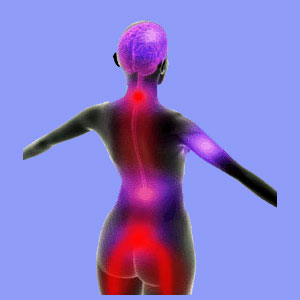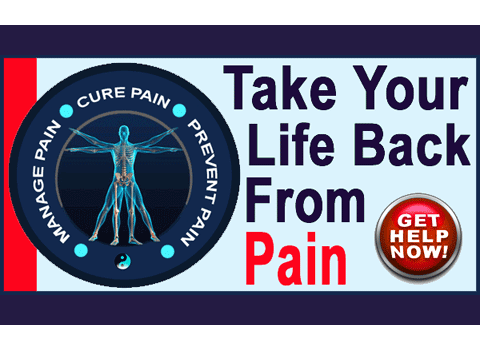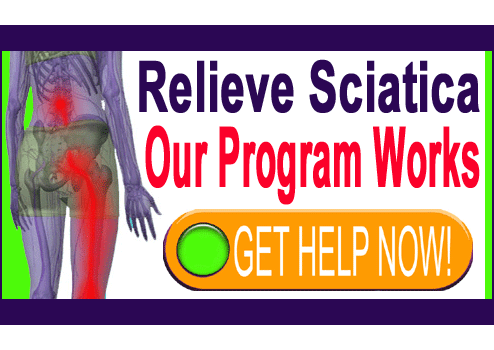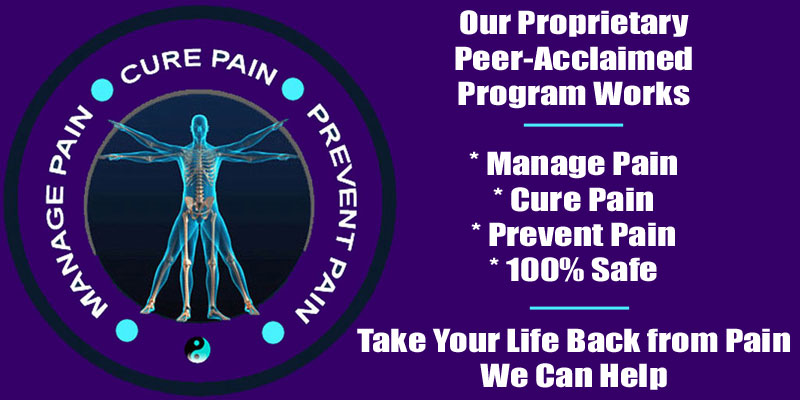
Sciatica depression can result from long periods of chronic symptoms and the resulting collateral effects on mindset, health, work, family and socialization. Depression is a very serious condition which must be managed in order to prevent potentially catastrophic consequences.
Depression is one of the worst eventualities of chronic pain for many patients. The mind and body effects of depression can produce a downward spiral of negativity, affecting all aspects of a patient’s life. Depression is even one of the main motivating factors used to justify suicide, making it a far worse health threat than most people know.
This discussion details the relationship between depression and sciatica. We will explain why chronic sciatica pain can lead to depression, as well as how patients who feel depressed can get help before the condition becomes an established and difficult to resolve pattern.
Sciatica Depression Relationship
Sciatica is known to endure long-term and affect many aspects of life. Patients are limited in their physical functionality, creating a negative influence on their work and family time. Many patients are forced to stop participating in beloved activities, such as sports or exercise. A great number of patients lose the ability to sleep well or at all, suffering insomnia and the resulting consequences on their cognitive and anatomical health. Even activities that should be relaxing, such as sitting to watch television or sex might become painful chores.
Sciatica is optimally suited to ruin lives with its chronic and diverse symptomology. People suffer, despite being involved in active treatment. Most sciatica patients try many different forms of care and all fail. Almost half of the total number of people who seek treatment for chronic sciatica will eventually have surgery. Only a handful will find relief once this long lasting pain pattern has been established.
All of these factors are contributory towards depression. The condition might set in rather quickly in some patients or over much longer timelines of misery in others. However, a significant percentage of sciatica patients do become depressed and then their problems really escalate.
Sciatica Depression Symptoms
Depression is a highly variable and difficult to diagnose condition. It’s symptoms can include any or all of the following expressions, some of which may be considered to be secondary to more physical ailments that are linked to structural pathology, like sciatica:
Chronic fatigue is one of the most common attributes of depression. Patients feel exhausted, but ironically have a difficult time finding restful sleep.
Insomnia is particularly difficult to manage given the continued feeling of tiredness detailed above.
Emotional upheaval is universal with patients experiencing acute psychoemotional states of anger, hopelessness and confusion.
Cognitive deficits are typical and involve the inability to concentrate, make decisions or utilize creative resources.
Feelings of worthlessness, inferiority and despondency might lead to action towards self harm. This action can range from failure to adequately care for oneself with preventative medical and dental services, abuse of alcohol or drugs, poor hygiene or outward physical violence against oneself in the form of injury or suicide.
Help for Sciatica Depression
Depression should never just be considered a side effect of a structural health issue or disease. It can quickly become a primary threat to health and to life itself and must be managed appropriately. Patients who are depressed are strongly encouraged to get help immediately from appropriate mental health professionals.
As a warning to all patients who have chronic sciatica, depression can set in at any stage of your battle with severe symptoms. This is why we highly recommend getting yourself on the right path towards a cure ASAP. Becoming actively involved in your care is a great way to achieve this goal, as well as a strong preventative practice to ward off depression.
Our proven pain relief program has all the tools you need to end sciatica and its detrimental effects on your life. The program is available to help you right now, 24 hours a day, from any location in the world. We recommend the program for the simplest of reasons: It works.





